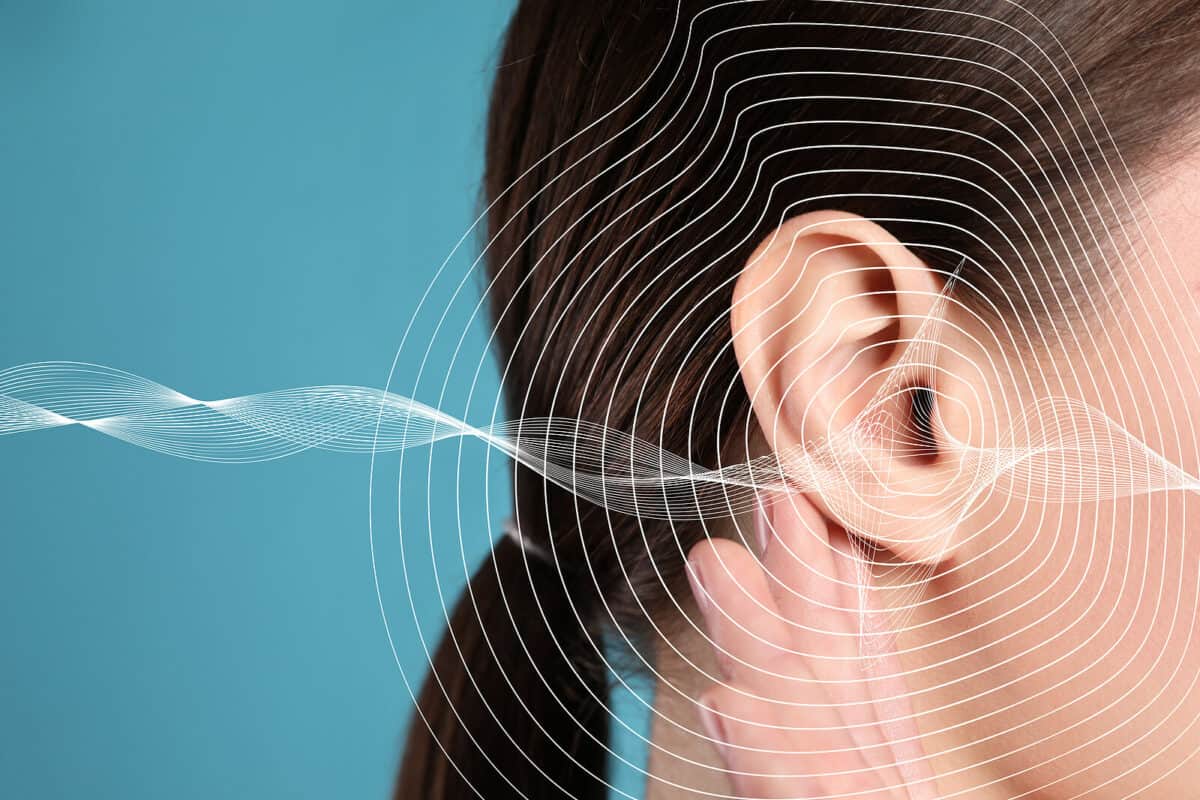- Why You Shouldn’t Do Anything With Your Earwax - April 22, 2024
- Travel Tips for People with Cochlear Implants - April 7, 2024
- How To Have A Great Conversation With People With Hearing Loss - March 22, 2024
Hearing loss is one of the most common health conditions that people experience today. Nearly 1 in 5 people have some degree of hearing loss, affecting over 48 million people. There are several factors that can cause hearing loss and some may even be surprising or unusual to you. People of all ages can experience hearing loss so learning more about what can cause it is a useful way to help protect your hearing health. A few strange causes include the following:
1. Earwax: we are all familiar with earwax – the sticky substance produced in the ears. Earwax is a mixture of a few substances like secretions from glands in the ear, dead skin cells, dirt, hair etc. It typically makes its way out of the ears naturally but earwax can accumulate in the ear canal. According to the American Academy of Otolaryngology, 12 million people seek medical care for impacted earwax and over 8 million removal procedures are performed annually.
It is common for people to use a cotton swab to remove earwax but this is actually not recommended. Cotton swabs can easily push the earwax further into the ears. Earwax that remains in the ears can lead to ear infections and can obstruct soundwaves from being fully absorbed. This causes what is known as conductive hearing loss which happens when soundwaves can’t reach the inner ear to be fully processed. If you experience excessive earwax, it is important to know how to clean your ears properly (using a soft cloth, irrigation strategies, or professionally).
2. Earbuds: earbuds have become everyday items that people use to listen to audio. From listening to music, podcasts, and talking on the phone; earbuds allow people to do so conveniently. But earbuds are also a common way that people are exposed to loud noise which is a common cause of hearing loss. One time or consistent exposure to loud noise can cause noise induced hearing loss. Earbuds, depending on the device they are connected to, can reach dangerously high noise levels. Sound is measured in units known as decibels (dB) and noise that exceeds 85dB is considered dangerous for hearing health. Earbuds that are connected to an iPhone playing audio on the highest volume setting can reach 102dB! At this level, people cannot be exposed beyond 7 minutes. This highlights how risky this is for one’s hearing.
3. Osteoporosis: the International Osteoporosis Foundation estimates that 44 million people live with osteoporosis or low bone mass. Osteoporosis is a condition where this process of new bone regeneration is slowed so new bone tissue develops at a reduced rate. This lowers bone mass and weakens bone, making them more vulnerable to breakage. This can affect different bones throughout the body including the bones in the middle ear. There are three tiny bones in the middle ear, among the smallest in the body, that work to propel soundwaves further into the inner ear. Damage to these bones can disrupt this process, contributing to hearing loss.
4. Head Injuries: according to the CDC, over 3 million head injuries occur every year. This can impact overall health in many ways including causing hearing loss. Trauma to the head can damage the bones in the middle ear, rupture the eardrum, impair sensory cells and auditory pathways in the inner ear, as well as damage the areas of the brain that process auditory information. These effects can prevent sound from being processed effectively, causing hearing loss.
5. Diabetes: in addition to osteoporosis, another medical condition that can cause hearing loss is diabetes. One study of over 5,000 people found that among people with diabetes:
- 21% experienced a mild or greater hearing loss of low or mid-frequency sounds compared to 9% of adults without diabetes.
- 54% experienced a mild or greater hearing loss of high-frequency sounds compared to 32% of adults without diabetes.
- Adults with prediabetes had a 30% higher rate of hearing loss
This data highlights that diabetes is a risk factor for hearing loss. According to experts, diabetes can affect blood vessels and blood flow throughout the body including in the ears where sound is processed.
A great way you can prioritize your hearing health is by having your hearing tested regularly. Contact us today to schedule an appointment for a hearing consultation!

